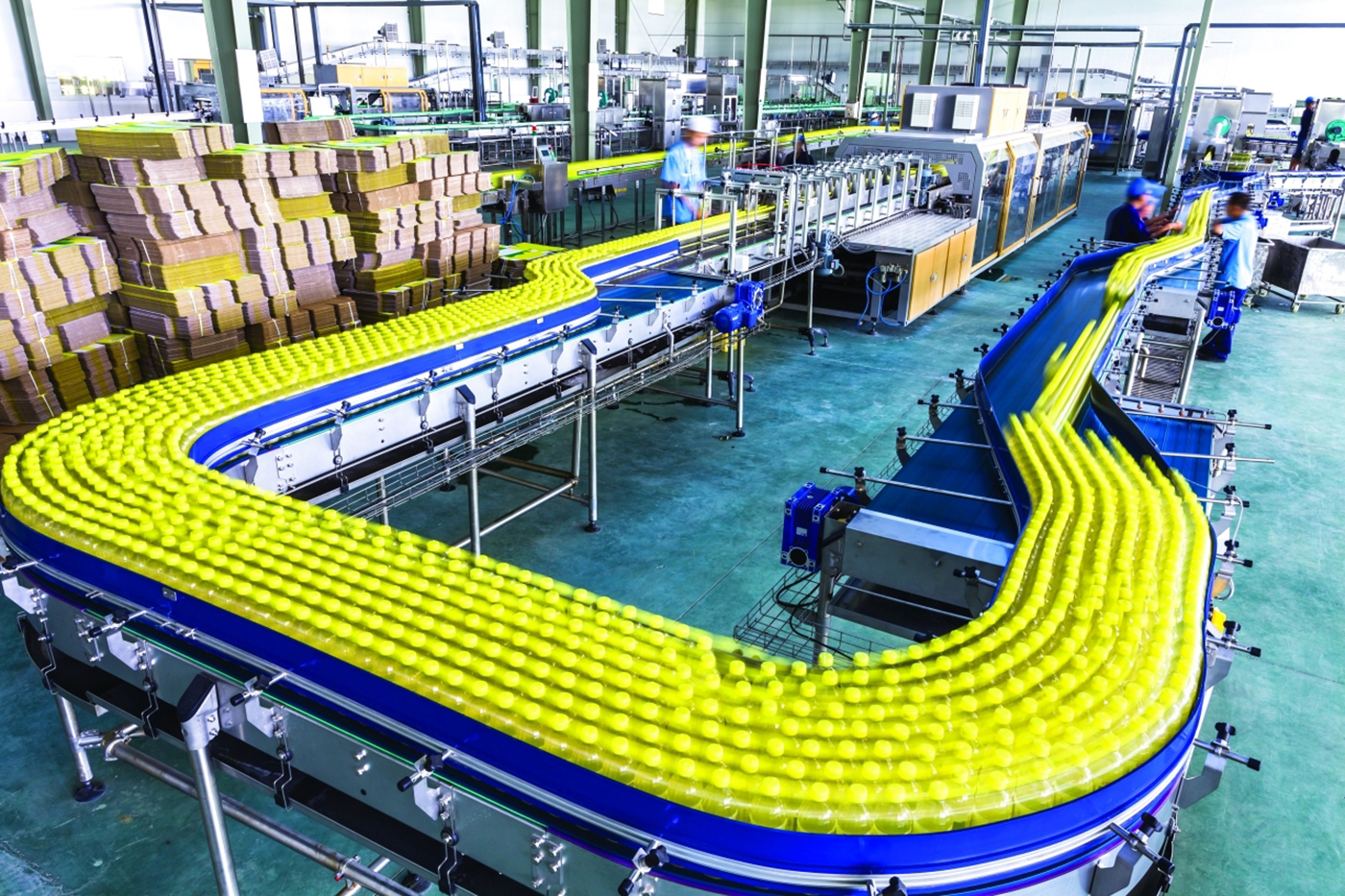
Water treatment in the food and beverage industry
The important role of water treatment in the food and beverage industry is that it is an industry that requires a great deal of pure water. Our history in the industry shows us that most beverage companies have their own standards regarding the level of water purity required to produce their soft drinks. Our extensive background in providing water treatment to the food and beverage industry allows us to understand the specific needs of our customers. We use this knowledge to conjure up original water treatment solutions with first-class standards.
Ensure compliance with stringent disinfection and polishing specifications for potable water production.
Preventive solutions that will prevent the spread of microbes and their health risks.
Carewater is driven by our continued success in improving the quality of water for our customers in the food and beverage industry. We’ve done this through cost savings from production and modular equipment improvements.
Water treatment technologies used in the food and beverage markets include:
- Ultrafiltration
- Water purification systems
- Microfiltration
- Reverse osmosis systems
- Industrial filtration systems
- The customized water treatment system
- Industrial carbon water filters
Water treatment in the food industry
The importance of water treatment in the food industry comes from the need to remove any presence of microorganisms. To avoid any kind of deterioration, the water used for cooking or specially applied to food must be drinkable and of good quality. This includes not having dissolved minerals that make the water too hard or change its taste.
Produced water makes up the majority of liquids in the food industry. So it is necessary to process it to achieve tasting goals. For high purity, more water treatment is often required than to meet drinking water requirements.
Bottle purification process
Beverage bottling usually begins with municipal tap water, which comes out directly from water sources from the cities where the factory is located. Sure, tap water like this is safe to drink. But it usually contains an element of hardness or sediments of heavy metals (usually from the pipes that carry the water) that detract from the taste. Water softeners and reverse osmosis kits are ideal for producing pure, potable water.
Once a beverage company has a large sample of purified water, it typically begins adding its own unique blends of minerals, carbon dioxide (the “fizz” in soda), sugars, juices, and food colorings to make the soft drinks we know and love. Once this solution is well mixed, it is packaged in bottles or airtight containers and transported to its destination. Alcoholic beverages go through a similar process but are usually baked with yeast and some form of grain or fruit added to it to produce the alcohol. Because of the simplicity of the beverage packaging premise. The majority of companies that manufacture beverages do so in small businesses.
Bottled water vs. tap water
Contrary to popular belief, “clean mountain” or “spring”. water also comes from the same sources as the tap water in your sink. You may ask why it tastes so much better than tap water? Believe it or not, bottled water goes through the same process as any soft drink. Municipal tap water is purified (ideally using a reverse osmosis system, softener, or sterilizer), making a “blank slab” that the company operates on. Then instead of adding juices and sugars, the bottled water goes through a little different process.
Reverse osmosis is the basis of the water treatment process used in the beverage industry
Reverse osmosis systems work by applying tremendous pressure to push water across the membrane while sucking out the impurities. Due to this tremendous pressure, impurities will appear and cause one side of the membrane to become more concentrated than the other. Only ultra-pure water is able to pass through the membrane. While the dissolved impurities, It cannot be eliminated by conventional filtration. It trapped and removed by the reverse osmosis water treatment system from Carewater.
Our systems are engineered with pioneering technology to increase water quality and purification. The water will be purified once it has passed through different layers within the reverse osmosis membranes. Which filters out all the total dissolved solids (TDS).
























